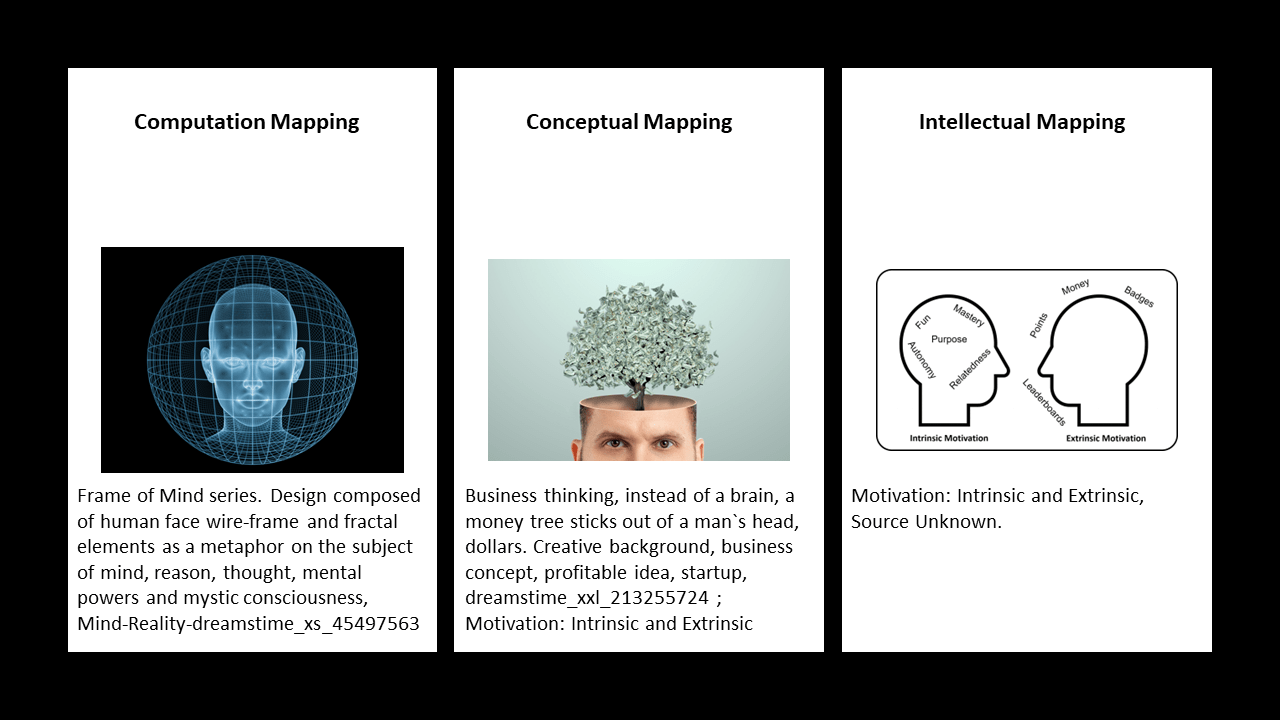These seven points are important to understand in the debate between I.T. designers and the philosophers.
SEVEN IMPORTANT CORRECTIONS.
- Understand the opening statement is the conclusion in most debates. No need to go down rabbit holes.
- The general rhetorical statements on AGI, for its promise, is full of (logical) misnomers.
- When coders talk of “memory” it comes as a metaphor in their own human experience.
- Memory as a concept is clear, something of human experience and is not transferable to an action of coding in repeating lines of “past performance”; what, in the talk of algorithms, is stated as ‘memory’ but it is not in the fullest of semantics (understand the difference between meaning and reference, point 5.).
- The language we speak, outside of the algorithms, has semantics, which is the study of meaning; this is different to ‘reference’. For example, coding is reference work. It is not meaningful in the normative human language. This is what I.T. coders misunderstand when the problem of meaning is raised as a challenge. Cognition is the study of thinking, usually as the human brain-mind. That includes computation, the use of mathematics, in applied human situations, But cognition does much more than computation: more much more than what is the comprehensive view of cognition. It makes the qualitative difference; such that the human outlook cannot be matched in computation (AGI).
- Thus, following point 5., AGI is not “smarter” than the human. It is only that the outcomes comes faster, and where the intellectual quality cannot be easily legitimised. In most cases it will not be legitimate claims since the sources of the outcomes are hidden in the AGI.
- In mathematics , truth values are signs of calculations and formulation. Not so in the rest of “the world”. If in the world, you tend to see the world only as the mathematics, the talk of algorithms, you don’t understand the world. And thus, in the mathematics, it becomes a logical error, in overreaching the power of mathematics.
“REFERENCES” (The works also have meaning)
Brennan-Marquez, K., & Henderson, S. E. (2019). Artificial Intelligence And Role-Reversible Judgment, The Journal of Criminal Law and Criminology, 109(2), 137–164. https://www.jstor.org/stable/48572776
Brynjolfsson, E. (2022). The Turing Trap: The Promise & Peril of Human-Like Artificial Intelligence, Daedalus, 151(2), 272–287. https://www.jstor.org/stable/48662041
Johnson, J. S. (2020). Artificial Intelligence: A Threat to Strategic Stability. Strategic Studies, Quarterly, 14(1), 16–39. https://www.jstor.org/stable/26891882
Lea, G. R. (2020). Constructivism and its risks in artificial intelligence, Prometheus, 36(4), 322–346. https://www.jstor.org/stable/10.13169/prometheus.36.4.0322
Price, M., Walker, S., & Wiley, W. (2018). The Machine Beneath: Implications of Artificial Intelligence in Strategic Decision making, PRISM, 7(4), 92–105. https://www.jstor.org/stable/26542709
Sejnowski, T. J. (2020). The unreasonable effectiveness of deep learning in artificial intelligence, Proceedings of the National Academy of Sciences of the United States of America, 117(48), 30033–30038. https://www.jstor.org/stable/26971067
Tasioulas, J. (2022). Artificial Intelligence, Humanistic Ethics, Daedalus, 151(2), 232–243. https://www.jstor.org/stable/48662038
Walsh, K. R., Mahesh, S., & Trumbach, C. C. (2021). Autonomy in AI Systems: Rationalizing the Fears, The Journal of Technology Studies, 47(1), 38–47. https://www.jstor.org/stable/48657934
Featured Image: Combined Three-Way Images. Title: Cognition. A Study of Thinking.
Neville Buch
Latest posts by Neville Buch (see all)
- J. D. Vance’s Insult to America is to Propagandize American Modernism - July 26, 2024
- Why both the two majority Australian political parties get it wrong, and why Australia is following the United States into ‘Higher Education’ idiocy - July 23, 2024
- Populist Nationalism Will Not Deliver; We have been Here Before, many times… - July 20, 2024

